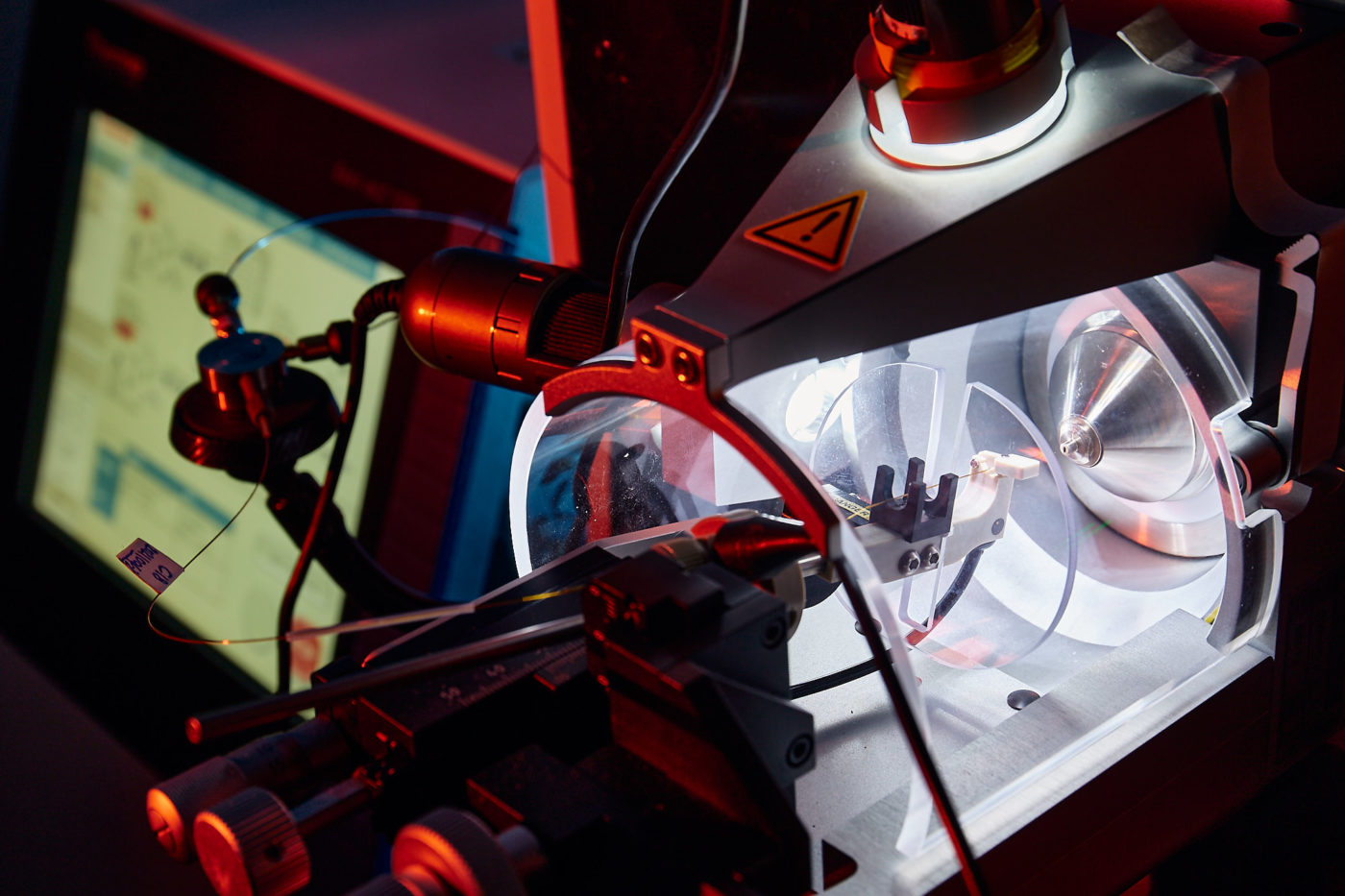News
Claude Perreault and Pierre Thibault, founders of Epitopea, a company that offers hope for the treatment of cancer
Published on May 26, 2022
Founded in 2021, the transatlantic biotechnology company Epitopea is the result of collaborations between the teams of Claude Perreault and Pierre Thibault, both principal investigators at IRIC. The mission of Epitopea is to develop immunotherapies to treat different types of cancers by targeting a new class of antigens.
Epitopea consists of sister companies based in Cambridge and Montreal and has received support from a number of leading life sciences investors including Advent Life Sciences, CTI Life Sciences, Cambridge Innovation Capital, Le Fonds de Solidarité FTQ, the Harrington Discovery Institute and Novateur Ventures.
Dr. Claude Perreault agreed to answer a few questions about the creation and genesis of the company Epitopea:
What is Epitopea’s mission?
Claude Perreault (C.P) : In collaboration with Sébastien Lemieux’s team, Pierre Thibault’s team and mine, we have discovered abnormal molecules in cancer cells that can be recognized by the immune system. These molecules are called cancer-specific antigens and are made by an unknown portion of our DNA commonly called junk DNA. Antigen means potential substrate for a vaccine. Epitopea’s mission is to determine, with scientific and pharmaceutical partners, whether vaccines containing our cancer-specific antigens can be effective in treating cancer. Part of Epitopea’s future work will be carried out at IRIC by Pierre’s team and mine.
What does the creation of this company mean to you?
C.P. : The creation of this company means a lot to me.
- The possibility to cure humans instead of mice (!)
- An illustration of the great potential of IRIC’s research model. The fact that cancer-specific antigens made by junk DNA were discovered at IRIC is not (only) a coincidence. This discovery would not have been possible without the cutting-edge expertise of our technology platforms, the entrepreneurial spirit and mentorship of IRICoR, and the collegiality of IRIC. I am talking about true collegiality: the one that implies that we learn the language of our colleagues (chemistry, computer science, immunology, genetics, etc). Having been one of the founding members of IRIC, I have followed its development with enthusiasm from its gestation to now…and I am very pleased with its success.
- For many things you need a village, for others you need a university center! I have often been surprised that graduate research students feel less valued in their communities than medical students, for example. I hope that all the students and staff at IRIC who contributed to our work will take pride in knowing that they contributed to some amazing discoveries that could (hopefully) have a direct medical impact.
What are the potential impacts in the clinic?
C.P. : There are many potential impacts.
- The public. The research leading to the discovery of cancer-specific antigens was funded by our fellow citizens. More precisely, through their taxes that support our education system and our large granting agencies (CIHR, FRQS), and through their donations to IRIC or to foundations that support research. Our fellow citizens can say that by supporting the emergence of Epitopea, they have created quality jobs and could influence the health of people elsewhere on the planet (the University of Montreal and the world).
- The patient. Paraphrasing André Malraux and Jacques Monod, I would say that the human condition is the result of chance (mutations) and necessity (to adapt). The main cause of many types of cancer is chance/malchance (mutations resulting from copying errors during mitosis of progenitor cells). These cancers are therefore impossible to prevent. In order to improve the human condition, we must find new treatments for cancer. I believe that vaccines and other forms of immunotherapy are currently the most promising forms of cancer treatment. Most people I know would rather have a vaccine than a round of chemotherapy. In addition, the development of cancer vaccines will take advantage of the new vaccine approaches and platforms developed to treat COVID-19 disease.
